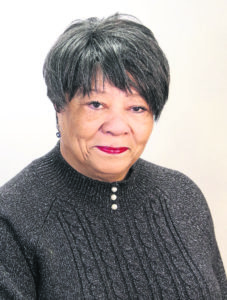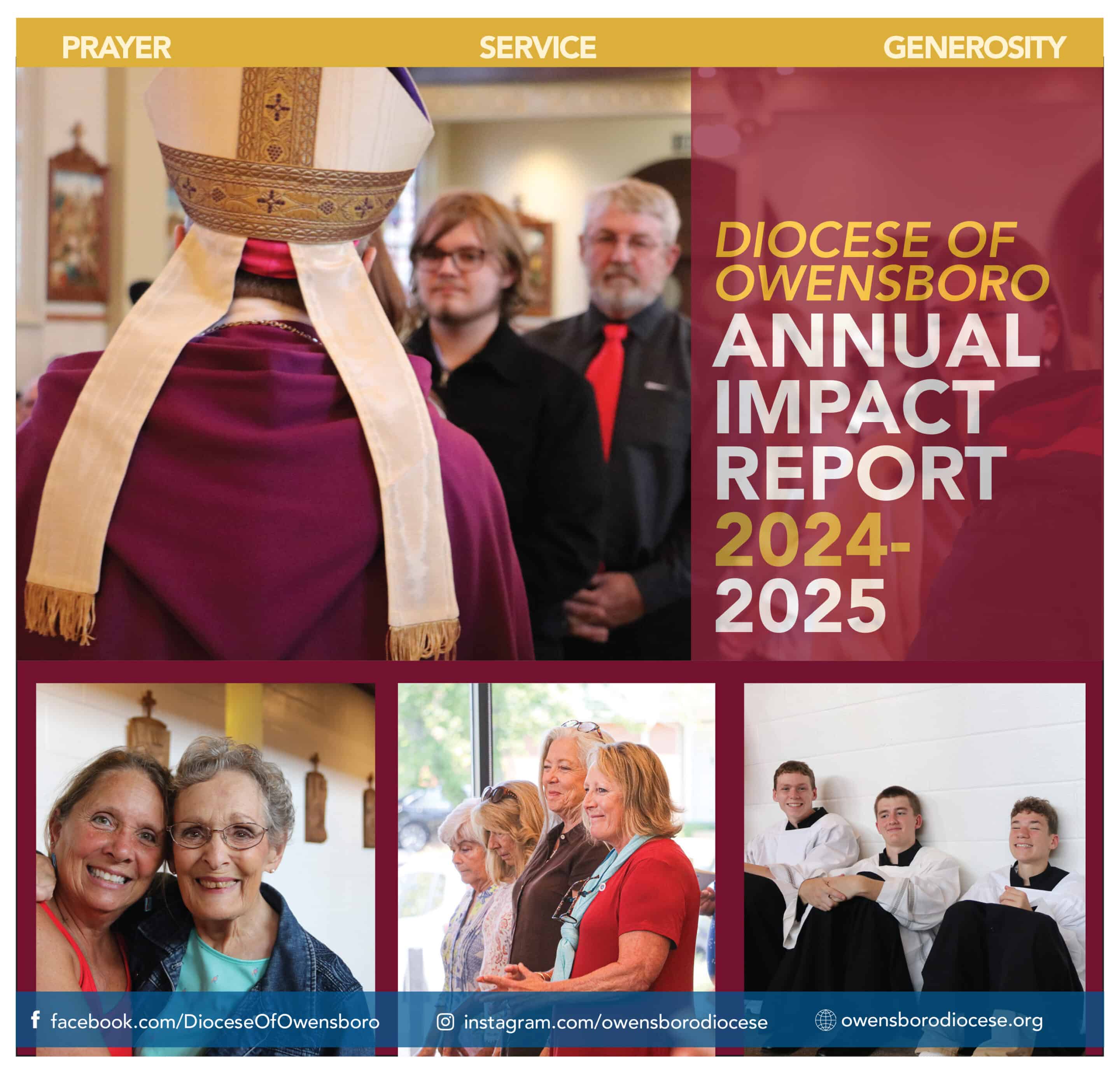2021 Black History Month focuses on Black families through representation, identity and diversity
BY F. VERONICA WILHITE, SPECIAL TO THE WESTERN KENTUCKY CATHOLIC

F. Veronica Wilhite, Director of the Office for Black Catholic Ministry in the Diocese of Owensboro.
Last year, the 2020 theme for Black History Month, “African Americans and the Vote,” marked the centennial of the Nineteenth Amendment – which gave women, (including Black women) the right to vote – and the sesquicentennial of the Fifteenth Amendment which established the right of Black men to vote after the Civil War. The Black community took this theme to heart, turned out in record numbers in 2020 to vote and became a significant part of voting history despite continued efforts at voter suppression and actual disposal of our votes. We hope that this actual self-empowerment of Black voters will sustain Black voter participation in our nation’s future and our democracy.
The theme for 2021, “The Black Family: Representation, Identity, and Diversity,” focuses on the wide-ranging diversity of Black family life; from single or two-parent nuclear families to extended families. The month will also focus on the ways in which Black families were separated from their birthplaces through the atrocities of the slave trade, as well as discussing their attempted escape from persecution by the KKK and the quest for economic parity during The Great Migration from the South (1916-1930 and 1940-1970). (That was the Black History Month theme of 2019.)
Much has been written and many have studied the Black family. The famous Moynihan Report has been noted as an attempt to discern the reason for racial inequities and Black disenfranchisement and was used as part of the basis for the “War on Poverty” by the Johnson Administration. Noted social scientists such as Kenneth Clark (“Dark Ghetto: Dilemmas of Social Power”), Andrew Billingsley (“Black Families in White America”) and others have also studied this topic. The majority of studies of the Black family were conducted on inner-city families on welfare. Contrary to popular belief, these were not typical of the average Black family in America. First, Black Americans historically come from a rural background. Sharecropping was one step up from slavery and the industrial North beckoned many Blacks to the city with a promise of a better life. Blacks took their family and religious values with them to the city. Many prospered, married and had families, but usually both parents were employed outside the home in order to make ends meet. These families were not a part of studies as they were not on welfare. (Just as the rural Black family has not been counted; Black farmers are disappearing but do still exist.) Paradoxically, economic pressures that may pull black families apart also often unite them. This has been recognized as a major strength in our communities.
It became sociologically popular (1950-1970) to blame teenage pregnancy, juvenile delinquency and high crime statistics on single Black mothers who were on welfare. The Black community has traditionally embraced teen mothers and especially their children. Blacks became stereotyped by these standards as the Black two-parent family was never recognized as a stabilizing force in our culture. The strength of these families attests to the resilience of our culture just as the importance of the traditions of extended family and informal adoptions. In the Black family, relationships are just as important as blood ties. Many an aunt, grandmother, brother, sister and cousin are not blood kin, but share a special love bond equal to kinship. Family reunions are a vital part of Black culture where we gather each year to experience a joyful meeting to exchange memories and family updates.
Religion and education were major forces in the stability of the Black family and in our communities. The Black Church continues to be a vital part of the Black community today. Church schools, especially Catholic, were instrumental in providing quality education to Black children where public schools failed. Tuition was nominal then and many Black families enrolled their children with hopes of preparing them for a better future. Catholic schools were the largest source of evangelization for the Church in the Black community until most were closed during integration. The Josephites; the Sisters of the Holy Family (founded by Venerable Henriette DeLille); the Oblate Sisters of Providence (founded by Mother Mary Lange, OSP); and the Sisters of the Blessed Sacrament (founded by St. Katharine Drexel) are Catholic communities still serving Blacks today in education and religious formation. Historically Black Colleges and Universities (“HBCU”), including Xavier University of Louisiana – the only Catholic HBCU – continue to be a vital part of the Black community, training Black professional and Black leaders.
In this year, the reality of the threat of white supremacist violence in response to Black voting puts all of us in danger. The Black community has always been a strong faith community. We have faced threats and actual violence throughout our history. Each of us learned as children of this imminent danger. We will continue to trust in God and his will. We pray for the continued blessing of the USA and especially for the conversion of hate-filled racist hearts.
Let us also continue to pray for the historic six Black American candidates for sainthood: Venerable Augustus Tolton (the first African American priest); Venerable Henriette DeLille (foundress of the Sisters of the Holy Family); Venerable Pierre Toussaint (father of Catholic Charities of New York); Servant of
God Mother Mary Lange, OSP, (foundress of the Oblate Sisters of Providence); Servant of God Thea Bowman, FSPA, (educator and evangelist); and Servant of God Julia Greeley (philanthropist).
Veronica Wilhite is the director of the Office of Black Catholic Ministry for the Diocese of Owensboro. Learn more at owensborodiocese.org/black-catholic-ministry.
Originally printed in the February 2021 issue of The Western Kentucky Catholic.

